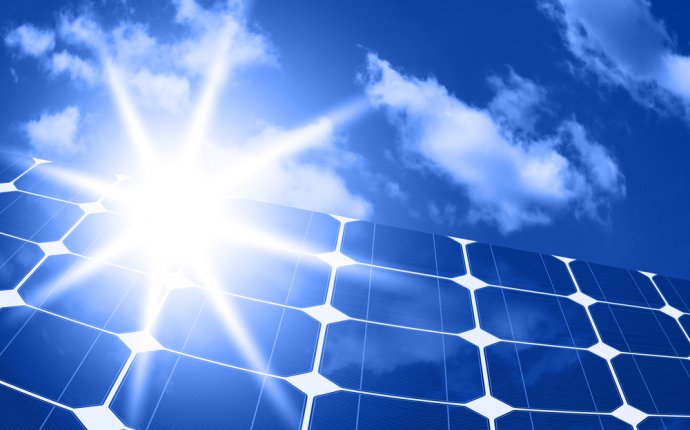
Affordable solar Panels for Homes
One recent development in home solar electric systems is the use of micro-inverters (see photo in the Image Gallery). The idea is that you would use one small inverter for each panel rather than one larger inverter for the whole system. This can improve the overall efficiency of the system, especially if your solar panels are in partial shade. Another relatively recent trend is the use of thin-film solar panels. Unobtrusive solar laminate can be applied directly to a metal roof (see photo in the Image Gallery).
On or Off the Grid?
There are three types of solar electric systems. Here are pros and cons of each.
Grid-Connected Systems. The most common PV system is known as a grid-connected (or utility-tied) system. In these systems, the utility grid becomes a means of “storing” your excess electricity and acts as a backup, supplying electricity any time your demand exceeds the output of your system.
Here’s how it works: Your solar system provides electricity to your home anytime the sun is shining. If the system produces more electricity than you’re using, the surplus flows onto the utility lines that supply your home. When you need electricity, but aren’t producing any (at night, for example) you can draw from the grid. The utility meter on your home keeps track of any electricity you feed back onto the grid, as well as what you use. How exactly this is calculated depends on net metering regulations where you live (see Resources at the end of this article). These vary by state, but currently all states have some form of net metering except for Alabama, Mississippi, South Dakota and Tennessee.
Theoretically, it’s possible to produce enough electricity that you get a credit from your utility company instead of a bill. More often, homeowners choose to install a smaller, less expensive solar array that only meets a portion of their electricity needs, and then buy the rest of their electricity from the utility. This is one reason it can be much cheaper to buy a grid-connected system: You don’t have to buy a system large enough to produce the maximum amount of electricity you need. Instead, you can choose how much of your power you want to generate.









